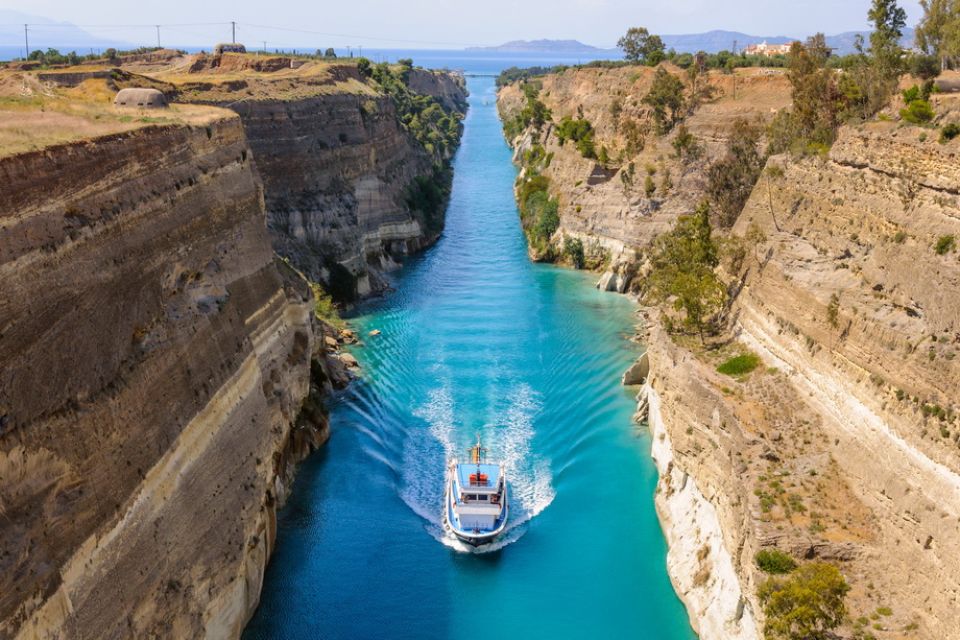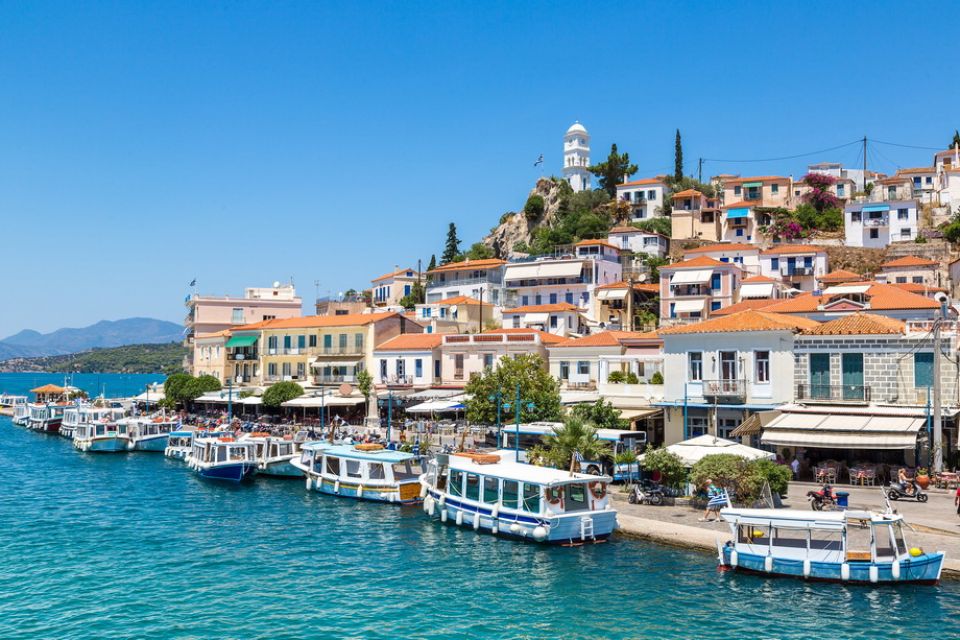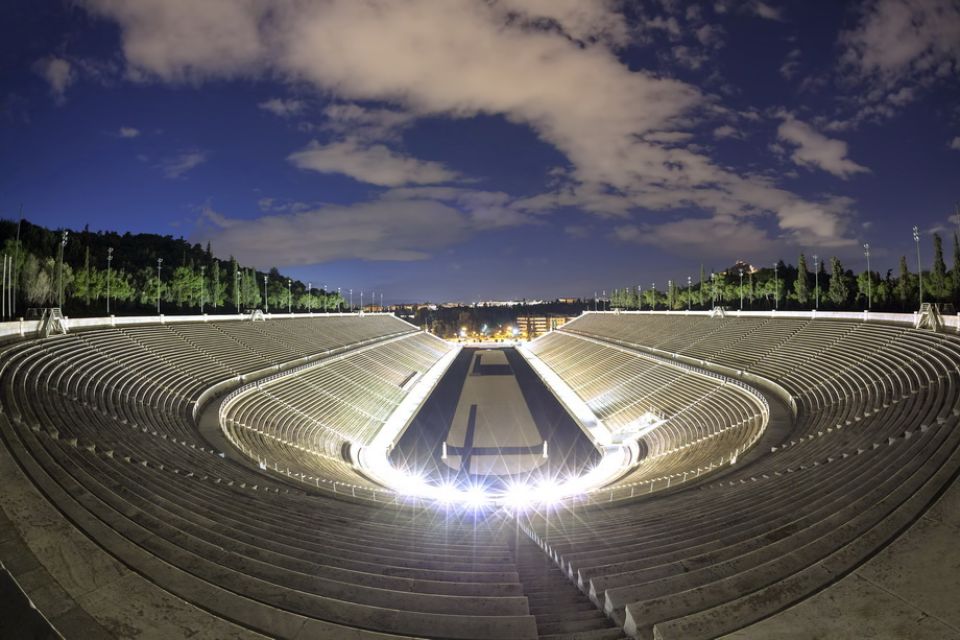
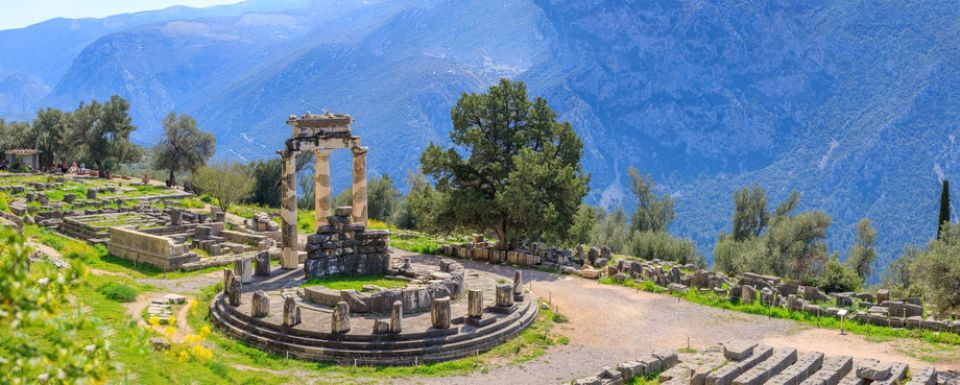
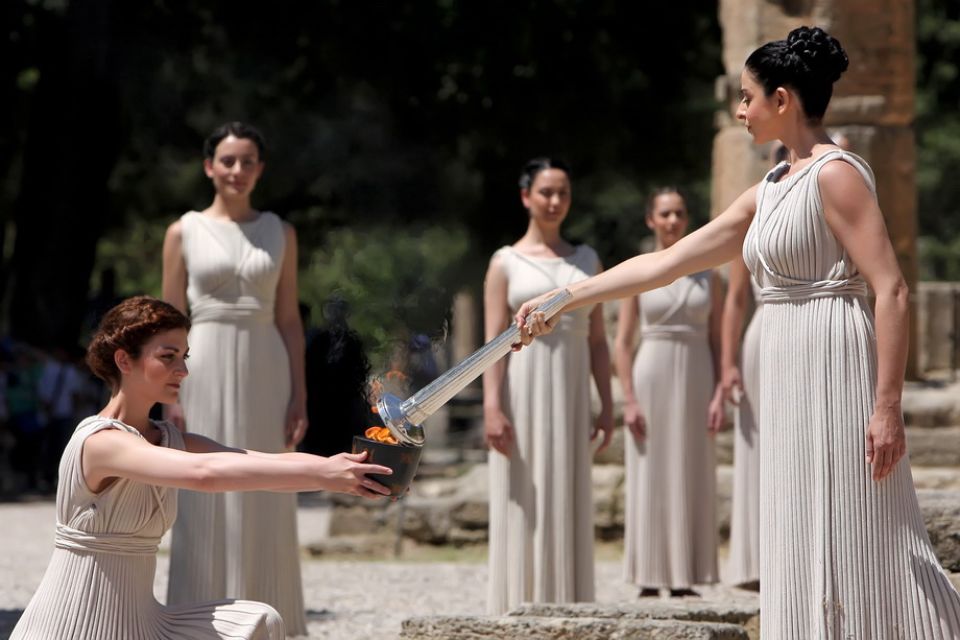
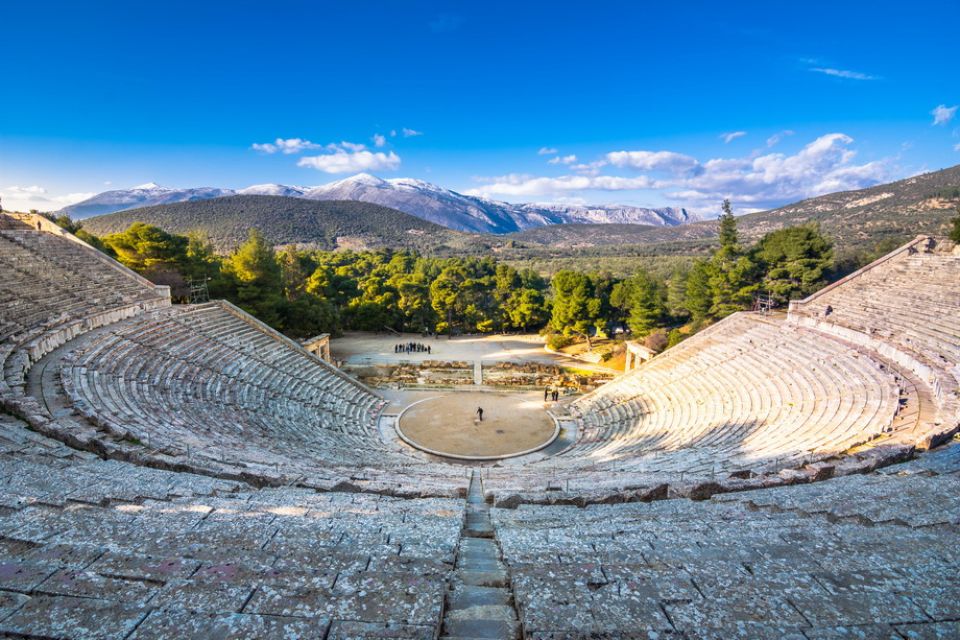
How about visiting one of the greatest theaters ever built in history? The ancient theater of Epidaurus is a wonder of architecture because of the absolute uniqueness of its acoustic. It is worth wondering how architects of ancient Greece managed to create such an architectural masterpiece using the knowledge and machinery of that time. The theater dates back to the 4th century B.C. but still hosts theatrical plays for 14,000 spectators. People from all over the world attend theatrical plays and concerts in Epidaurus, especially in summer months, as the experience offered at this theater is unique. After all, all people would like a little bit of drama in our lives!
Epidaurus was an ally of the Athenians and later of the Corinthians. The famous Asclepieia, athletic games and music competitions, were held here every 5 years. Thousands of musicians and athletes from all over Greece came to Epidaurus to participate in those games. Apart from the theater, the most important historic monuments in Epidaurus are: the Temple of Asclepius which dates back to the 4th century B.C. and was designed and built by the architects Theotokos and Thimotheos; the Healing Temple Asclepieion, designed for 250 patients (70.92 m x 9.42 m); the Library, built by the Roman emperor Antonios and his successors; the Gymnasium (69 m x 53 m).
Afterwards, you will drive to ancient Nemea, the place where one of the most important ancient Greek sport festivals was instituted: the Panhellenic Nemean Games. The archaeological site includes the stadium of Nemea, which could host 40,000 spectators, and the sanctuary and temple of Nemean Zeus. Part of the latter was being reconstructed from 2002 to 2013.
